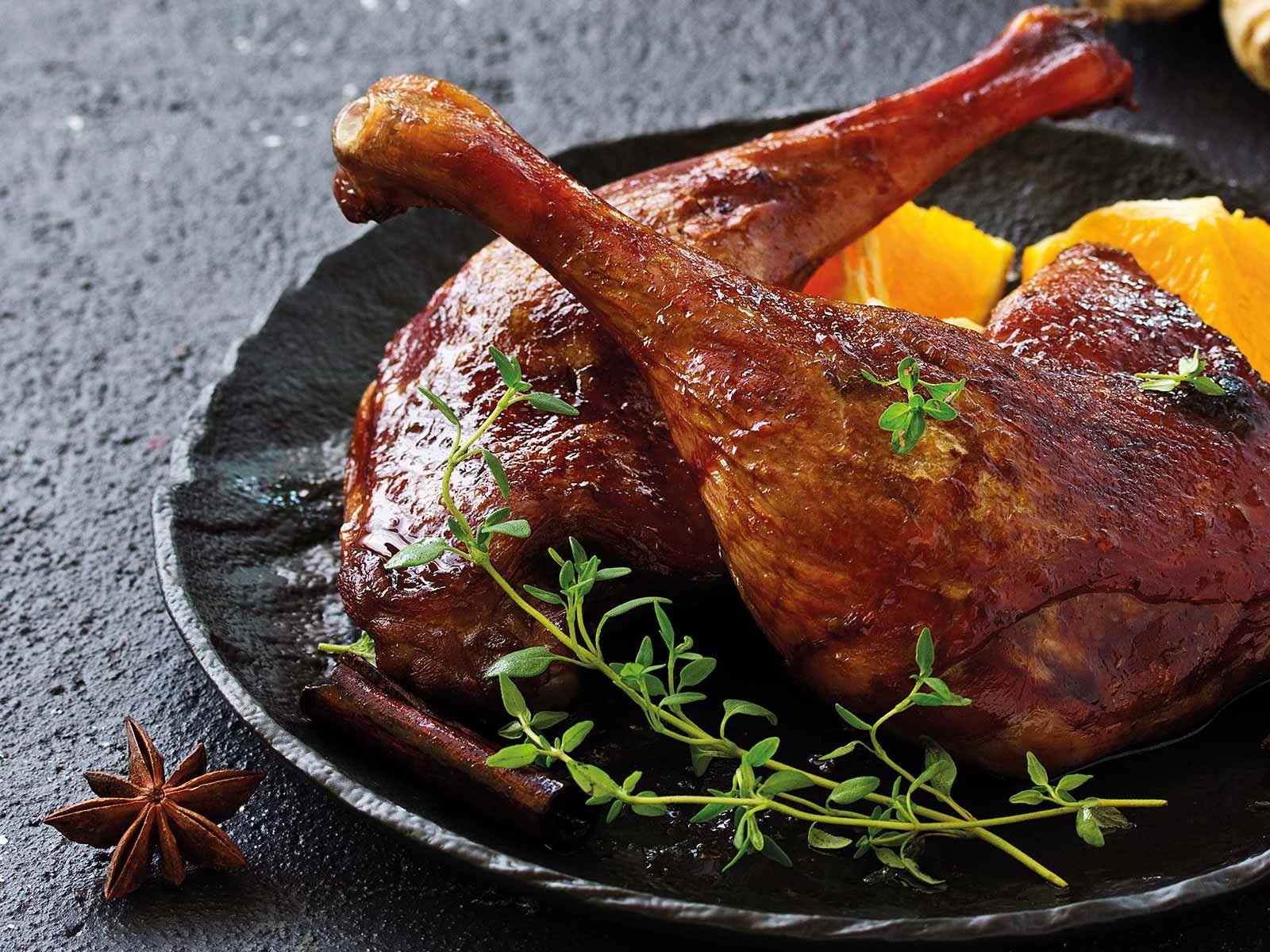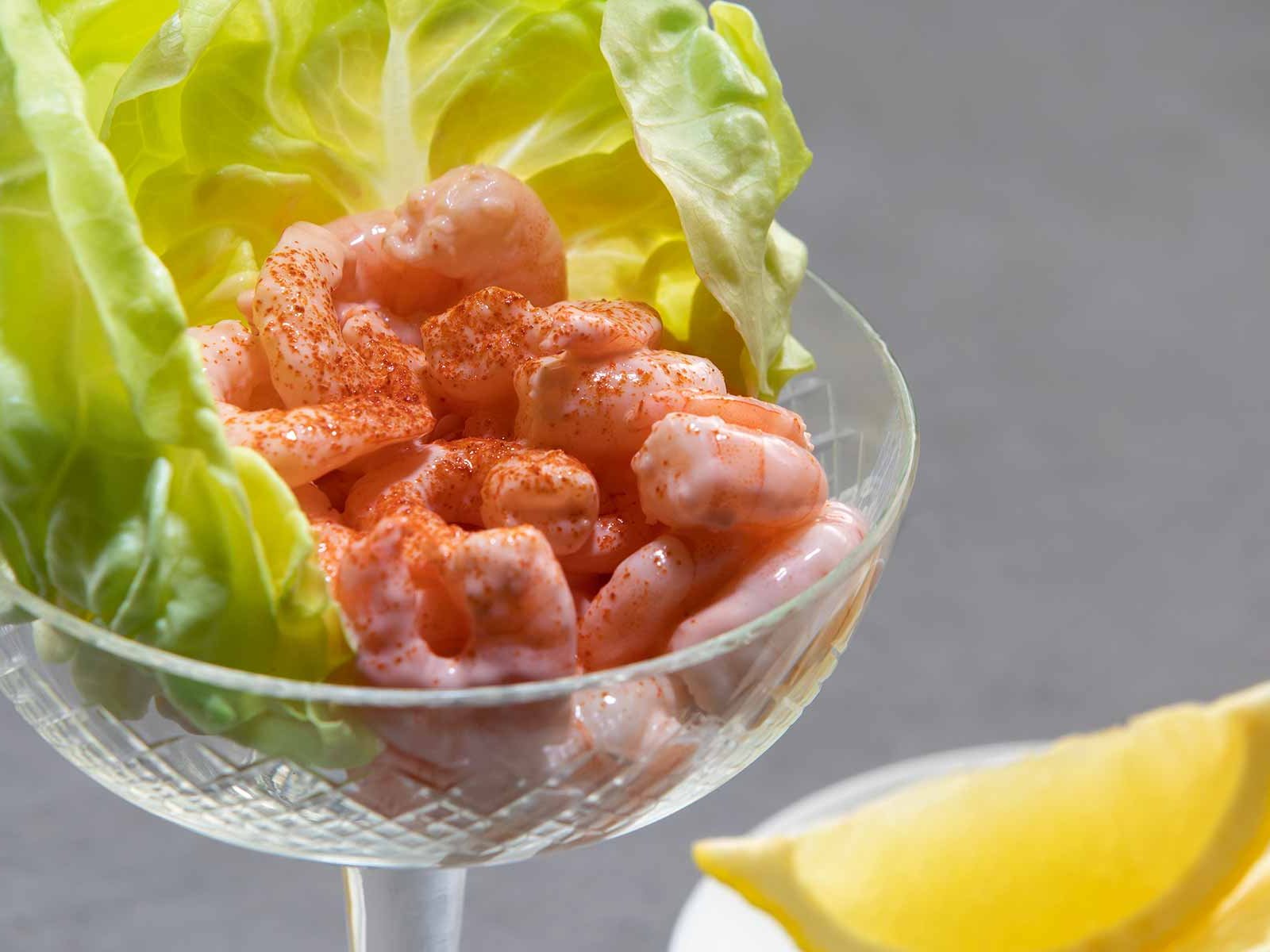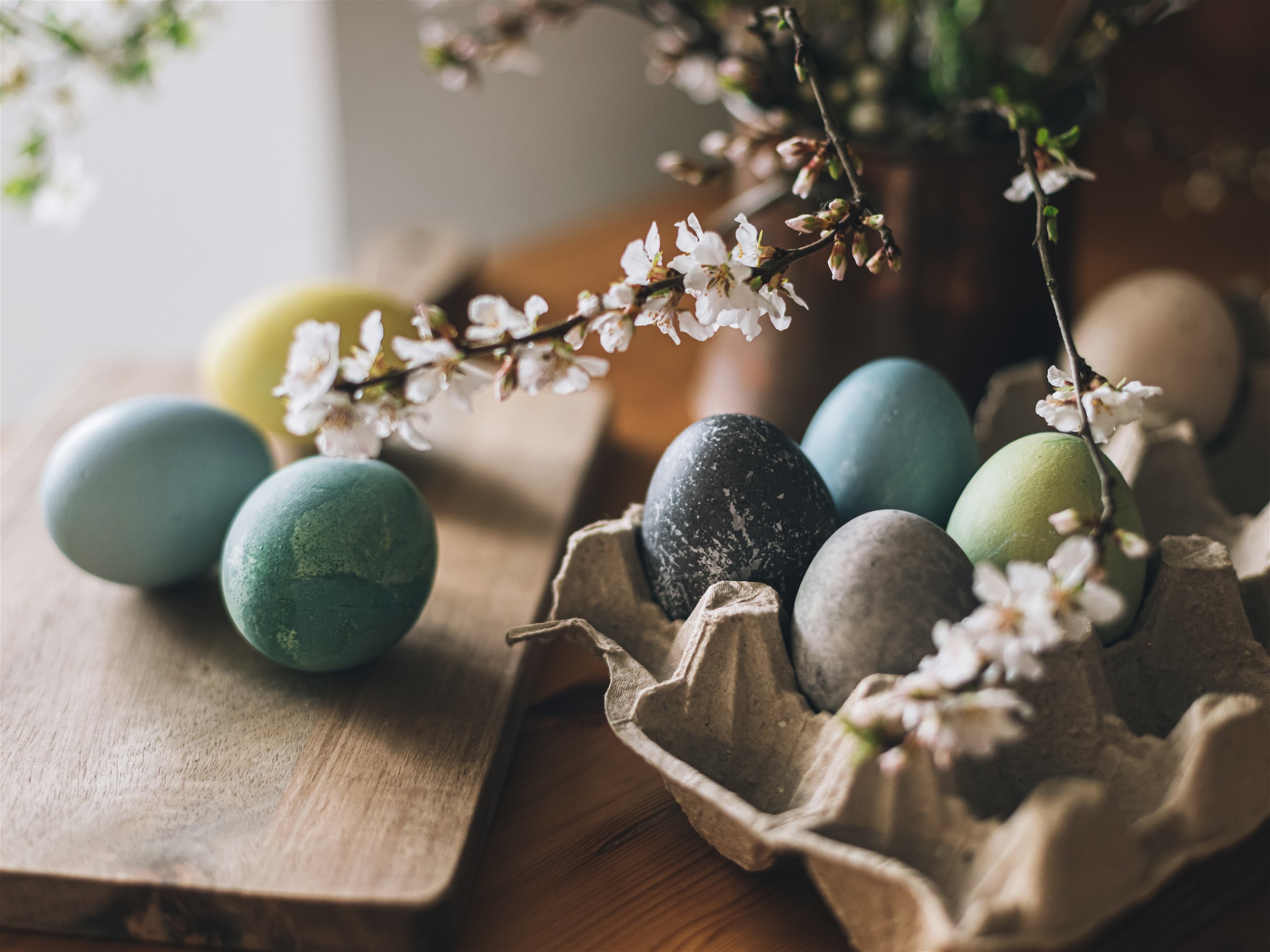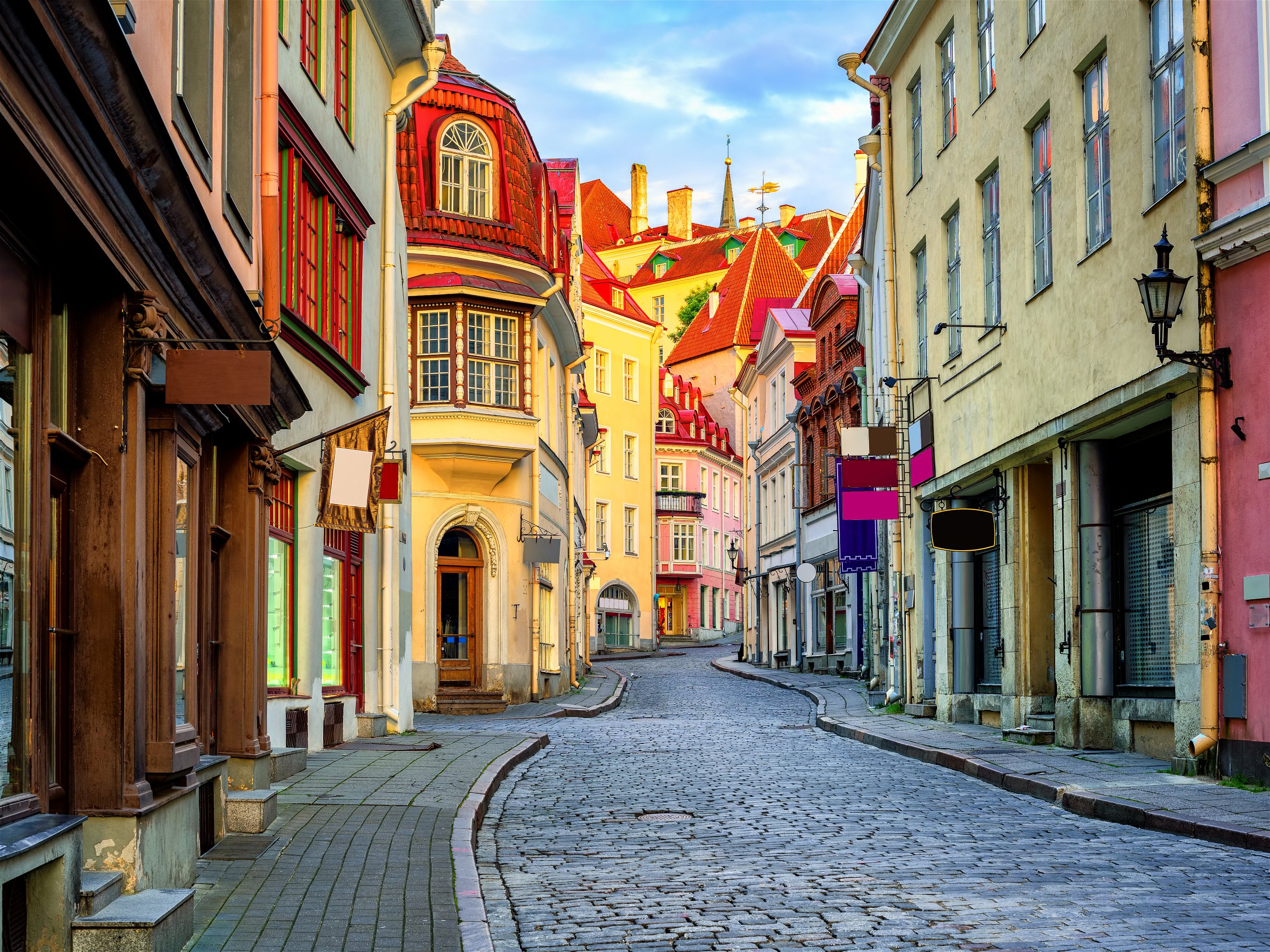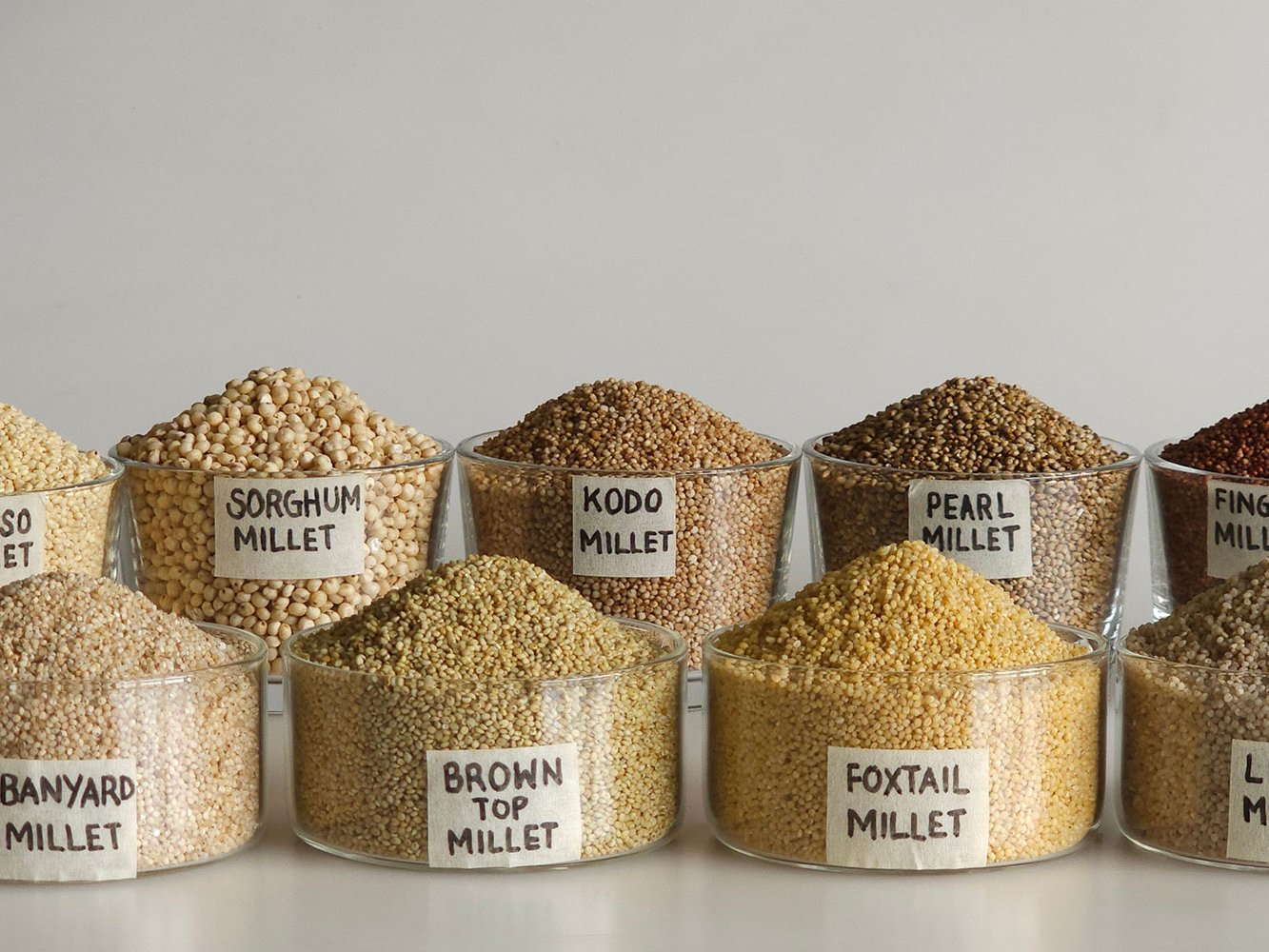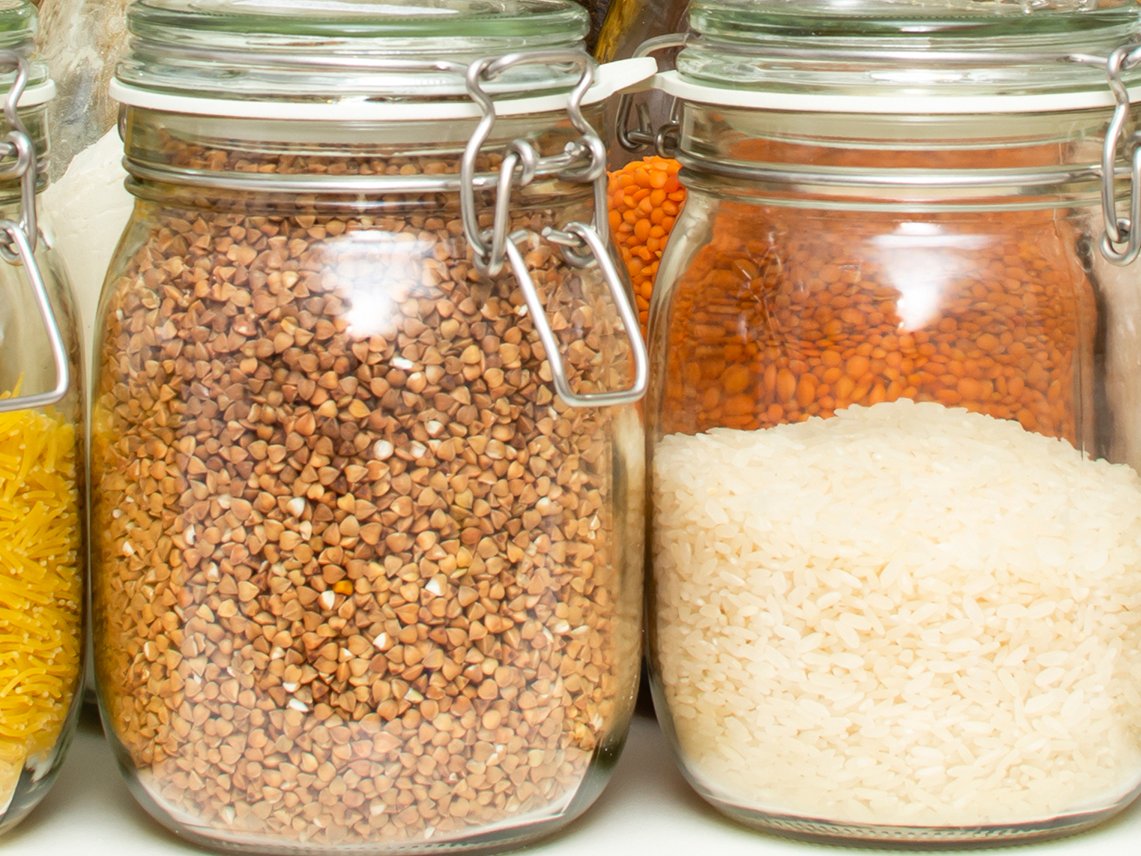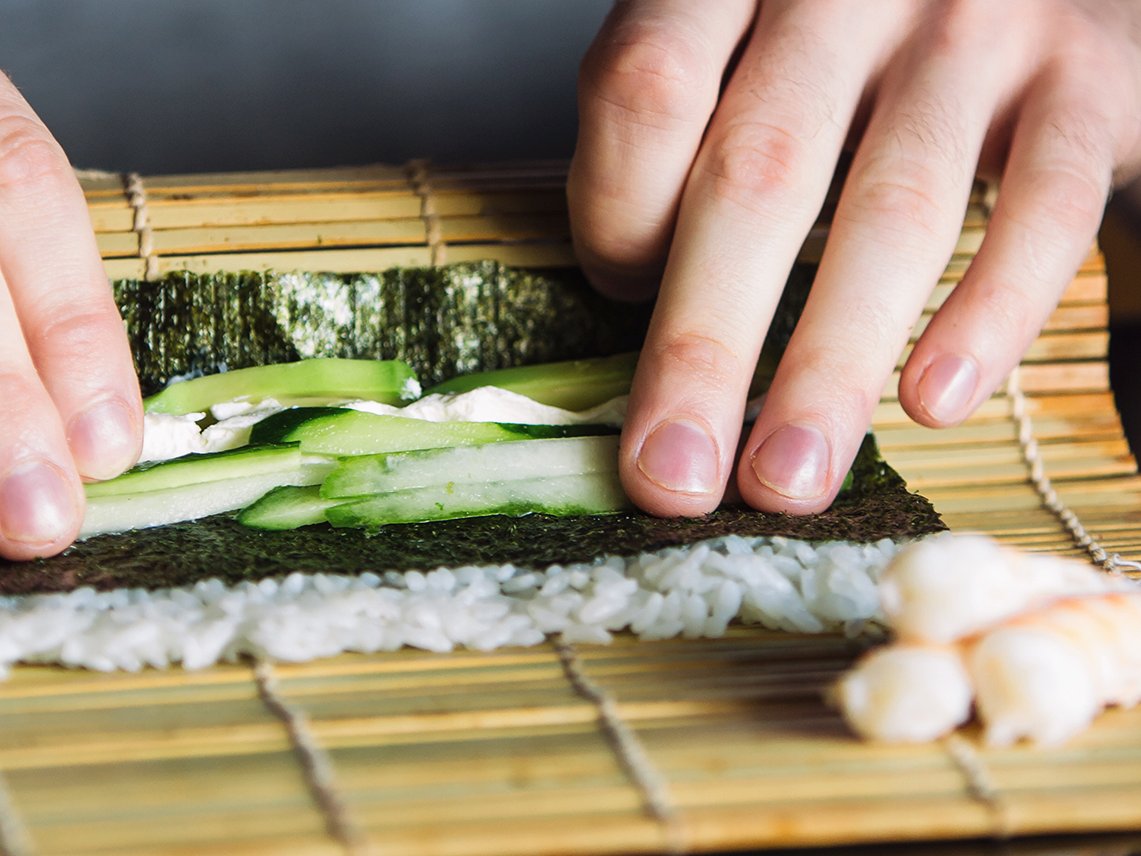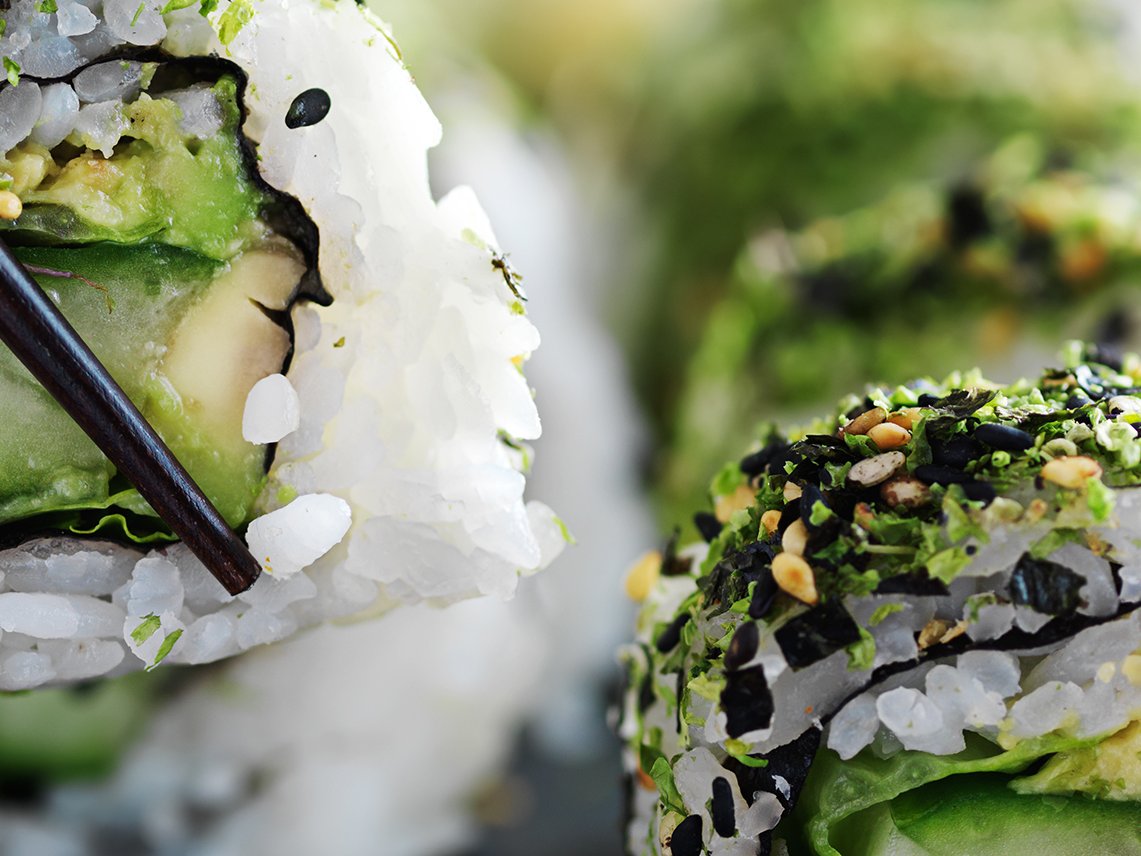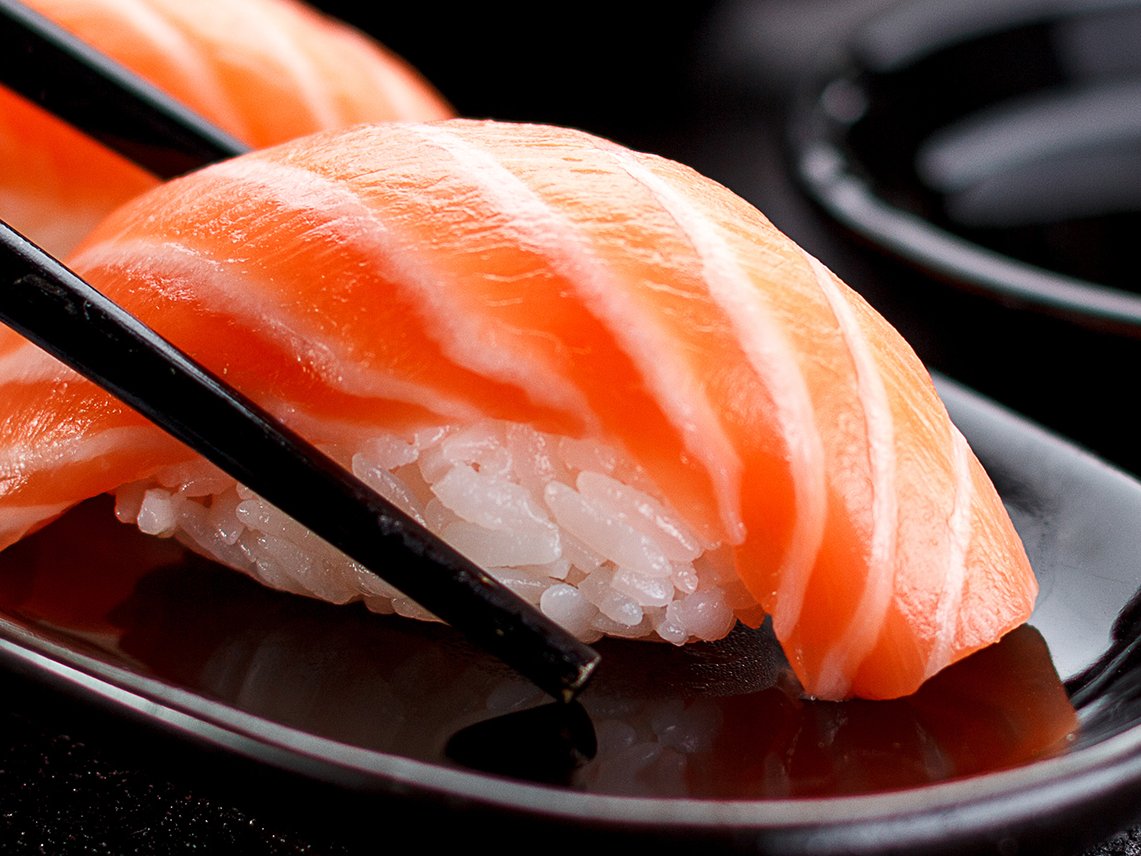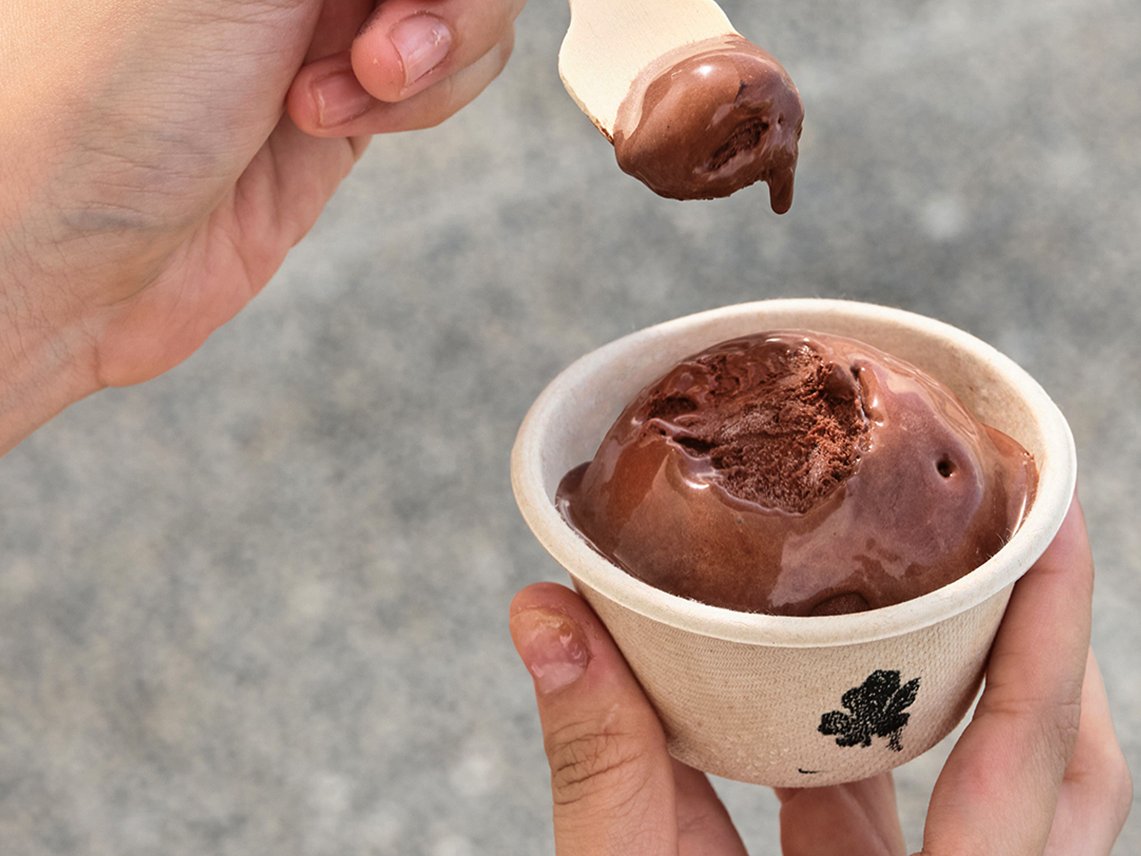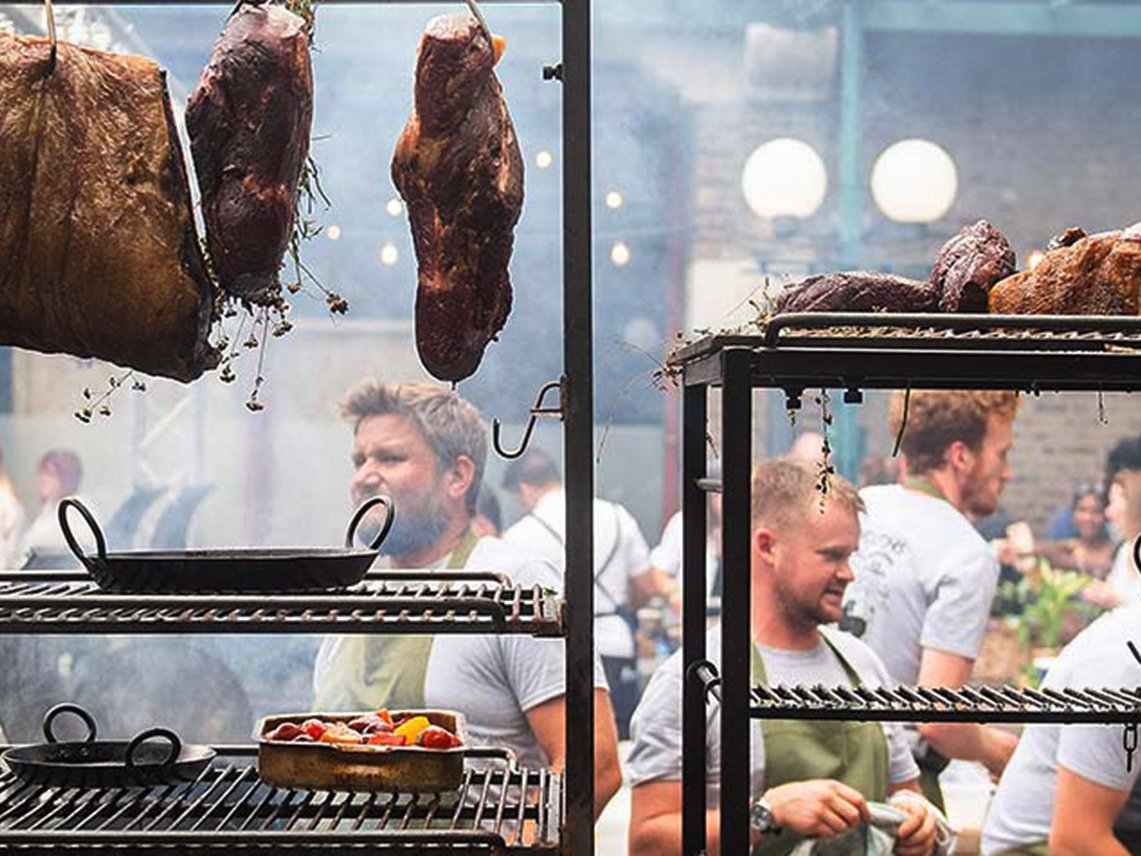Corti's Kitchen Note: The Greatest Sauce of All Time
The Spanish claim, with some justification, to have invented mayonnaise. The French don't like it, but it doesn't change their reputation for being behind the world's best sauce.
Egg yolks, lemon juice, vegetable oil: It is truly a miracle that a sauce of such divine flavour as mayonnaise is created from three such humble ingredients – and a testimony to the glory of culinary art, which is able to create works for eternity from almost nothing.
With vegetables, with cold and hot meat, with seafood and certainly with hard-boiled eggs; in case of doubt, almost everything becomes better when a jar of mayonnaise is nearby. Brillat-Savarin, the great philosopher of good food, knew it very well: "You can do anything with mayonnaise – except sit on it". Or make it into a sauce that is not of French origin, one might add.
What the founders of haute cuisine don't like at all is the fact that the most popular sauce in the world is almost certainly of Iberian – and not French – origin. On the one hand, this is supported by the ancient Catalan cookbook Llibre de Sent Soví from the 14th century, in which a sauce exactly corresponding to mayonnaise is described, although under the name Ajada. And on the other hand, there is a theory that the sauce found its way to Paris during the course of the siege of the Balearic harbour town of Mahon by French troops under the Duke of Richelieu in 1756 – which is supported by the spelling Mahonesa, which is still used in Spain. Speaking of war; when France became the German Kaiser's fateful enemy in the First World War, he decreed, in all seriousness, that French words were to be radically eradicated from German usage. The wonderful mayonnaise thus became the bleak Öltunke – fortunately only for a few years of privation.
There is, of course, an essential difference between the Spanish and the French idea of mayonnaise: while the French (except in Mediterranean Provence) insist on using tasteless vegetable oil, the Spaniards like to mix in a good portion of olive oil, as in the recipe below. The French, on the other hand, almost always add a teaspoon of Dijon mustard for a certain spicy note.
Fresh herbs, dazzling spices from saffron to curry, even powerful aromas such as garlic, citrus peel or chilli are all classic ingredients to give mayonnaise its own unique twist. What is not acceptable, however, is industrially produced stuff that is unscrupulously acidified with vinegar and adulterated with sugar. There's no excuse for it either: with a magic wand fresh mayo can be made in literally seconds!

